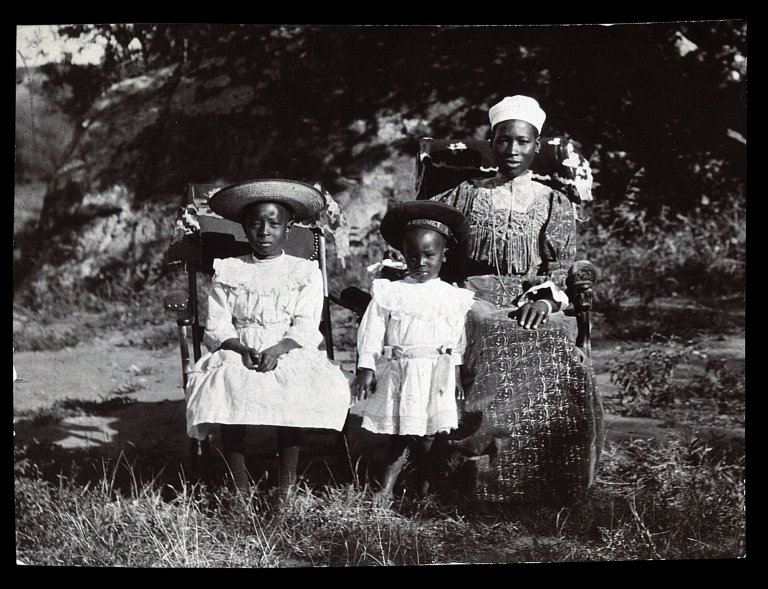One More Voice (2020-present) is a new digital humanities project that focuses on recovering non-European contributions from nineteenth-century British imperial and colonial archives. The name reflects the fact that there is always one more voice to recover from the archives. The project centers on a variety of non-European creators, some of whom will be familiar to users of Livingstone Online such as Sechele, Jacob Wainwright, and Tippu Tip, and many whose backgrounds are not directly linked with nineteenth-century British exploration in Africa – for instance, E. Pauline Johnson, Sarojini Naidu, Cornelia Sorabji, Frederick Douglass, and many, many others. The project includes a handful of staff members from Livingstone Online and draws on various Livingstone Online practices and ideals, but the project also has a decidedly different focus, brings in new collaborators, and takes a digital approach that differs considerably from that of the main Livingstone Online project.

As a digital entity, One More Voice is a descendant or “imprint” site of Livingstone Online, meaning that the former derives from the latter and so, for instance, uses the latter’s primary materials, publication strategies, and workflows as needed. However, One More Voice also diverges in multiple ways from the practices of the main Livingstone Online project. For instance, One More Voice is rooted in minimal computing methodologies. This means that it foregoes a lot of digital bells and whistles, and instead focuses on elements such as minimal design and minimal maintenance. The site’s footprint (circa 120 MB) is miniscule by comparison to that of the main Livingstone Online site (over 1.5 TB). In taking its minimal computing approach, One More Voice prioritizes text-based digital facsimiles over high-resolution images and practices what might be called “digital recycling” by linking to (rather than natively hosting) materials from sites such as the Internet Archive and HaithiTrust. Even more than Livingstone Online, One More Voice also prioritizes accessibility and incorporates features such as the use of a color blind safe color scheme, an aesthetic framework that cuts down on visual noise and clutter, and recourse to structural features that enable access by assistive devices.

The launch of One More Voice thus marks a new phase in the history of Livingstone Online, and we invite you to visit this new site. The project’s close links with the main Livingstone Online site make it a valuable supplement resource for Livingstone Online users. However, the wider focus of One More Voice also means that the site holds interest for a diverse array of audiences. As a critical intervention, One More Voice engages with ongoing global events and conversations currently developing in relation to racial equality and social justice around the world. As an extension of Livingstone Online, One More Voice also opens a new chapter in the former’s long-term efforts to foreground a wide array of non-European global contexts in the study of nineteenth-century literature, history, and culture.
